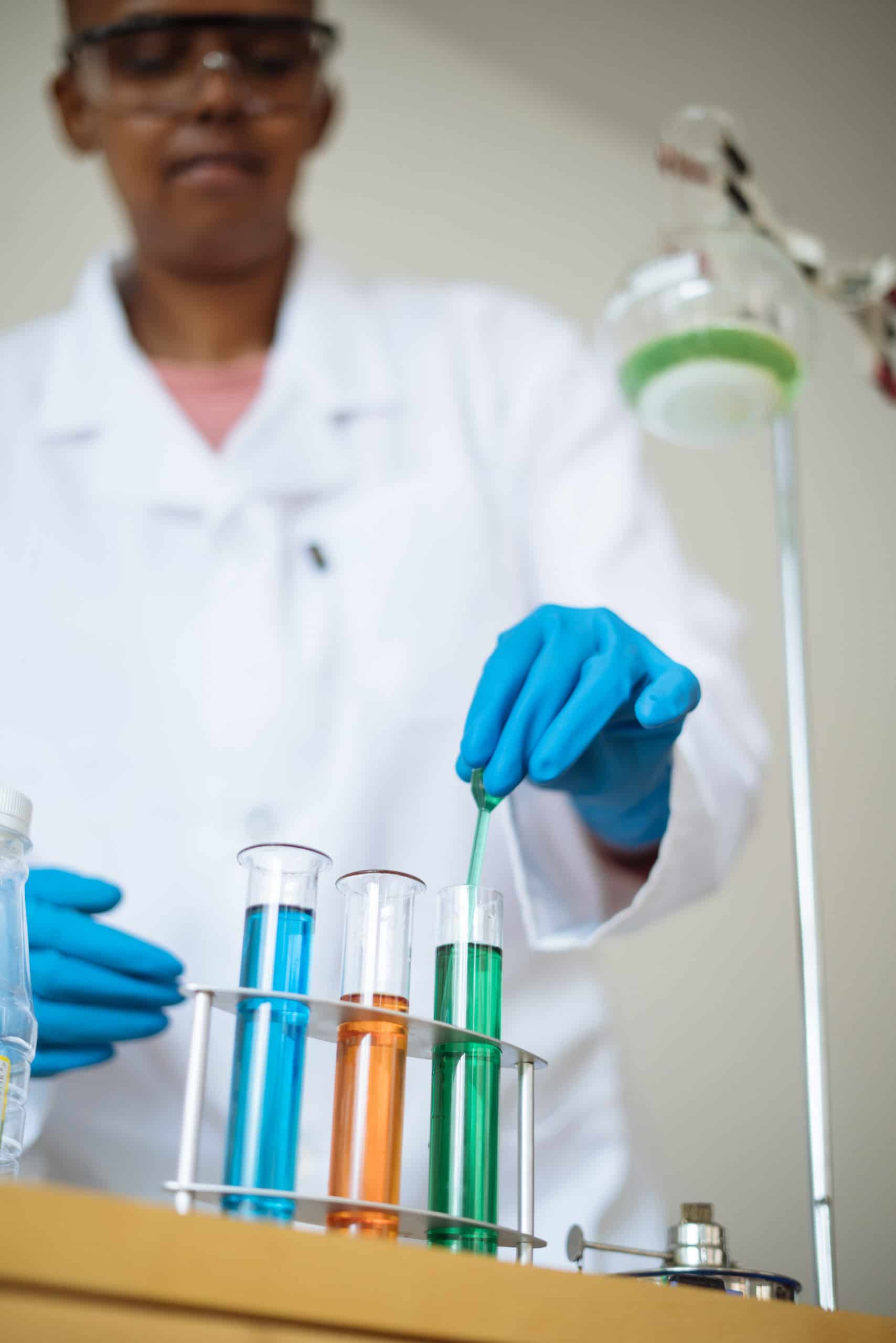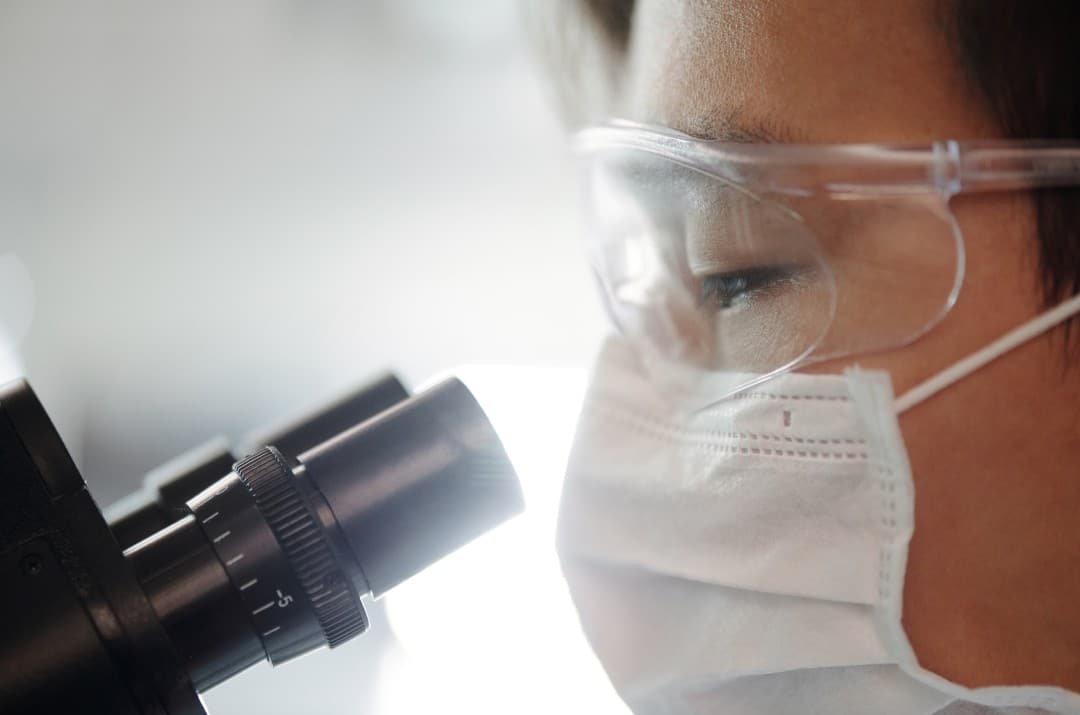Big changes have occurred in the hemp and cannabidiol (CBD) space in the last few years, which has led to the development of revolutionary new products for health professionals like yourself to support and treat patients.
As you are well aware, when Congress passed the infamous 2018 Farm Bill, they removed hemp from the Controlled Substances Act’s definition of marijuana. This profound shift in policy opened the doors for a flood of new products, including those containing skin conditioning CBD.
But it also opened a pandora’s box. Due to the popularity of CBD, manufacturers began creating products with CBD in anything and everything, from bottled water to clothing. Some even make claims that are not FDA approved, waxing CBD’s health benefits that are not yet proven.
This has led to a sticky problem: where profits lie, unethical companies take shortcuts in search of easy cash. To ensure the products you recommend to your patients are safe and effective, it is vital you select brands that provide a Certificate of Analysis (COA) for each product.
This is best practice!
What is a Certificate of Analysis (COA)?
A Certificate of Analysis, or COA, is a document obtained from an accredited third-party laboratory. It formally verifies that an end-product meets pre-established parameters and quality. Testing should confirm that the ingredients listed on the label match those in the product and that they are free of harmful toxins and contaminates.
Why is a COA Necessary?
 There are a variety of reasons why COAs are essential for health professionals and their patients.
There are a variety of reasons why COAs are essential for health professionals and their patients.
These include ingredient verification, purity, cannabinoid assessment, and more; which we’ll highlight in more detail below.
Ingredient certainty
As with all products, ingredients are where the magic happens. A COA proves the presence of what the product claims to contain and provides external, unbiased, documentary evidence. This means certainty: the ingredients listed on the label are, in fact, in the bottle.
Purity
With hemp products, there is a second key consideration. Hemp is a remediation crop used to rehabilitate contaminated soil. A study published in the journal 3 Biotech noted that,
“Hemp can be used as a hyper-accumulator for different toxic trace metals such as lead, cadmium, magnesium, copper, chromium, and cobalt.”
Its ability to remove toxins from the earth means unwanted, potentially harmful compounds can accumulate in the plant itself and, therefore, be present in the products it is used in. If you purchase products containing skin conditioning CBD from a supplier who fails to provide a COA, it is impossible to know that their products are pure, safe, and effective.
Delta-9-tetrahydrocannabinol (THC) assessment
COAs also test for the presence of THC in a product, the cannabinoid in cannabis responsible for making you high. While all legal CBD products are derived from hemp (Cannabis Sativa L.), which has very low concentrations of THC, it is vital for both patients and healthcare practitioners to know that their CBD topicals have negligible to non-detectable levels of THC in them.
According to US law, the low concentration is required by law to be no more than 0.3% THC on a dry weight basis. To remain on the right side of legislation, the amount of THC should be determined for each product.
COAs provide the exact quantity of THC in a product to ensure there is 0.3% or less.
Microbial purity
Microbial contamination, including yeasts and molds, may be present in plants and exert negative health effects. Testing to ensure no contamination has occurred protects your patients and your practice.
Have you tried CBD topicals yet?

What Does a COA Look Like?
We believe COAs provide crucial information and transparency for health professionals. Therefore, at CBD CLINIC™, we provide two layers of testing:
- We batch test for cannabinoid content, including CBD and THC. Additionally, our products are assessed to ensure they are free from harmful toxins.
- Our CBD suppliers also assess for remaining solvents and other harmful ingredients. This purity ensures premium quality and consistency across our products.
You can view the COA for any CBD CLINIC™ product on our website.
Choose the product of interest, then click on the relevant product number. The COA will be viewable and downloadable.

When looking at this portion of a CBD CLINIC™ COA for our LEVEL 03 Pain Relief Cream, you will see that it is a laboratory testing report. You can see that the batch ID number is listed, along with the date the lab received the product.
In this example, the product has been tested for the presence of the cannabinoids: CBD, THC, CBG, and CBN. You can see that they are measured in milligrams and that each cannabinoid has two numbers listed next to it, under LOD and LOQ.
Limit of Detection (LOD) and Limit of Quantitation (LOQ) are terms to describe the smallest concentration of a substance that can be detected and quantified. Usually, the LOD and LOQ refer to the limits associated with a 95% probability of obtaining a correct result.
This COA for the LEVEL 03 Pain Relief Cream shows that the THC content measures at 0.0067 LOD mg/g and 0.022 mg/g LOQ, both which are under the legal limit of 0.3%.
Holding CBD Manufacturers to the Highest Standards
As a healthcare professional, you want to use only the best quality products on your patients or clients. There is tremendous value in using topical products containing skin conditioning CBD in your practice, especially when they are combined with other naturally-derived, plant-based ingredients such as camphor, menthol, and skin nourishing essential oils.
Be sure to do your due diligence when selecting which products to purchase and ensure the company provides COAs that are easily and readily accessible. Not only will this provide you with the comfort of knowing you are purchasing quality products, but the transparency will increase your patients’ trust in you and your services.
Interested in connecting with other professionals in your field that use similar topical products? Join the CBD CLINIC Professionals Facebook group to meet other like-minded healthcare practitioners, like yourself.


